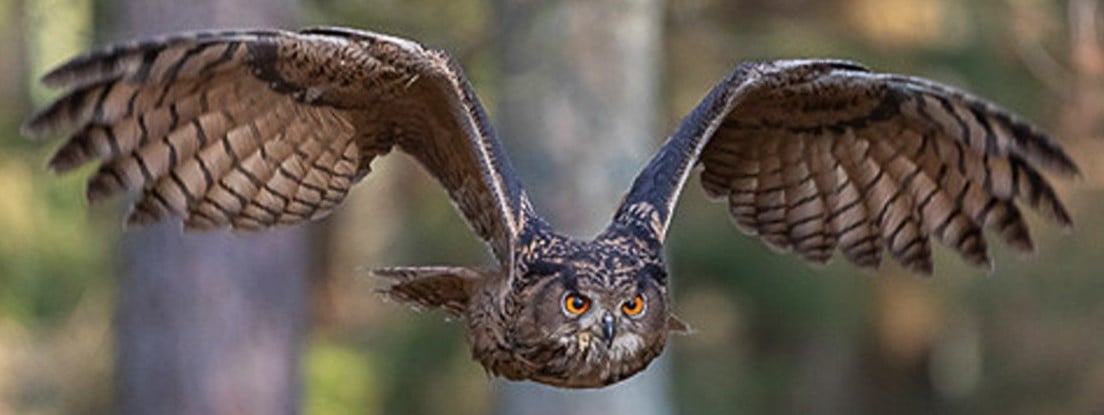From World Bird Sanctuary
With the photos we see of storm and tornado damage to human structures, it can be easy to forget the impact these weather events have on wildlife. Strong storms can have a profound impact on wildlife species, who don't have the same shelter options we have as humans. Some of the most vulnerable species this time of year are early nesting bird species such as Great Horned Owls. The devastating storms that came through St. Louis last week brought us 6 baby Great Horned Owls who were blown from their nests in high winds.
Another group vulnerable to storms are migrating species, especially when the storm system covers a large area with high winds. Migrating species can be blown off course by the storm and find themselves in unfamiliar territory. The recent storm brought a new species to World Bird Sanctuary, a Burrowing Owl! Burrowing Owls are not native to Missouri, nor do they migrate through our area. This small owl, now patient 25-144, was found in St. Louis city, over 500 miles from the nearest point considered to be in their territory range.
25-144 was found exhausted in someone's yard and was easily contained and brought to us by a member of our volunteer rescue group. The initial rescue call described the bird as being the size of a large potato and 144 only weighs 110g, which is small even for a Burrowing Owl. Other than being disoriented and mildly dehydrated, 144 did not sustain any injuries from his tumble in the storms. At some point in his life, 144 also sustained a radius fracture, but he healed that on his own and is currently in good body condition.
Now that 144 has had a few days rest, he is much more active. If Burrowing Owls were native to Missouri, he'd be ready to qo. We don't want him to have to find his way back home so are working on arranging a transfer to a facility within their typical range. Burrowing Owls typically nest in loose colonies and it's best to release them back to a colony, so we are looking to send him to a facility with that capability.
Shown is 25-144 in hand and receiving an ocular exam from our veterinarian.

